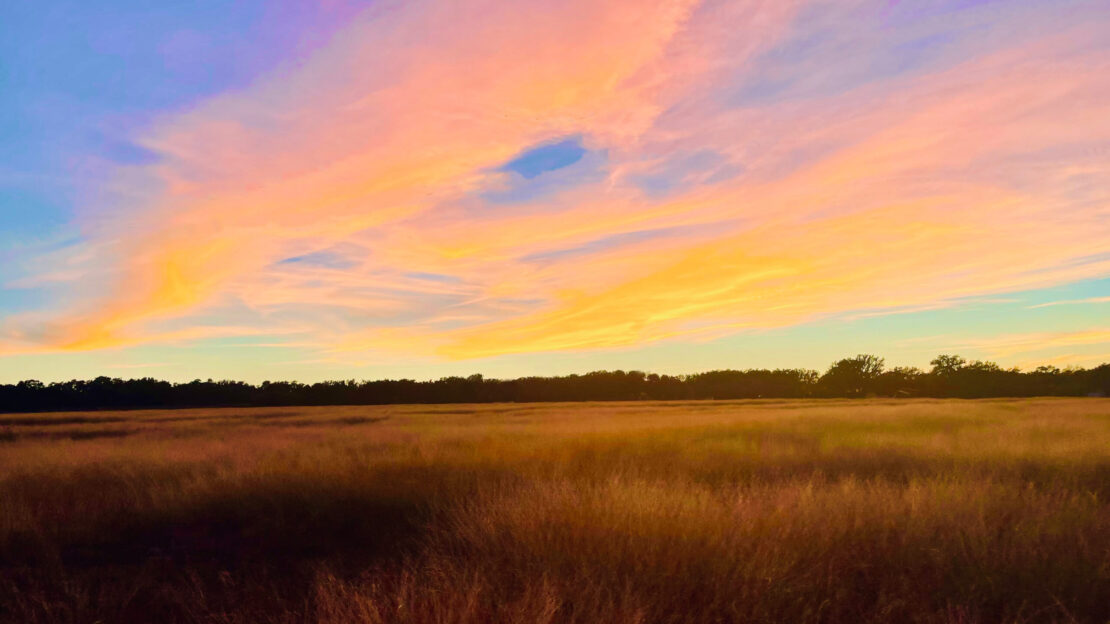
Stephanie
Joined Sep 2024
Prepper Newbie in the Texas Hill Country
Kits (1)
Discussions
No activity yet.